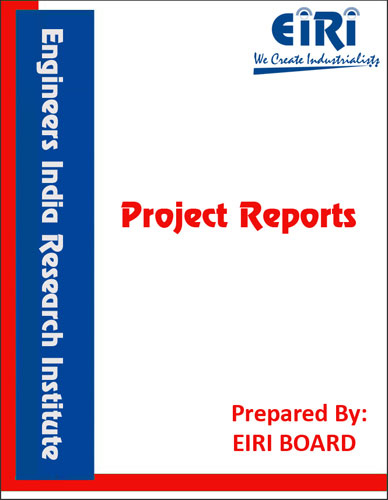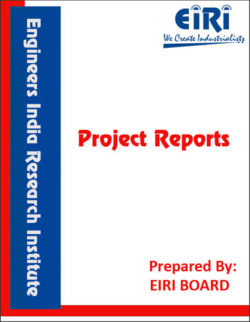PECTIN FROM CITRUS, LEMON AND ORANGES
The project report includes Present Market Position and Expected Future Demand, Market Size, Statistics, Trends, SWOT Analysis and Forecasts. Report provides a comprehensive analysis from industry covering detailed reporting and evaluates the position of the industry by providing insights to the SWOT analysis of the industry.
We can prepare PROJECT REPORT as per your INVESTMENT PLAN for BANK LOAN REQUIREMENT and INDUSTRY ANALYSIS. All reports are prepared by highly qualified consultants and verified by a panel of experts.
Have Query? Click Here to Chat
Industry Expert is Online, Chat with him for more detail.

PECTIN FROM CITRUS, LEMON AND ORANGES
[CODE NO. 0599]
Cellulose fibril constituting plant cell wall requires certain other materials for cementing them into definite structural form of plant organs. These cementing materials are soluble polysaccharides, e.g., hemicellulose and pectin and polyphenolics lignin. Pectin is extensively distributed in all plant cells, being part of cell wall and middle lamella. Concentration of pectin in certain parts of a plant is higher compared to other parts. Thus pectin is present in the peels of citrus fruits (lime, lemon, orange, grapefruit etc.) and apple pomace at such concentration (20-30%, on dry basis), which makes its commercial production economically feasible. Since citrus fruits and apples are extensively used for extraction of juice, the waste material of fruit juice manufacturing industry, make a suitable starting material for pectin extraction. In a deve-loping country like India, where there is no large and orga-nisedfruit juice industry, pectin sources can be soybean hulls, sunflower bottoms and sugar beet waste. Unlike many plant hydrocolloids, which are obtained from specially agricultured or horticultured plant sources, the raw material for pectin manufacture is an exclusive waste byproduct of other industries. Thus the starting material for pectin manufacturing is available at a throwaway pirce, yet there is a complete dependence for its availability on another industry.
Project Report Covers:
- Introduction
- Uses and Applications
- Properties
- Market Survey with future aspects
- Present Manufacturers
- B.I.S. Specifications
- Manufacturing Process with Formulae
- Cost Economics with Profitability Analysis
- Capacity
- Land & Building Requirements with Rates
- List & Details of Plant and Machinery with their Costs
- Raw Materials
- Details/List and Costs
- Power & Water Requirements
- Labour/Staff Requirements
- Utilities and Overheads
- Total Capital Investment
- Turnover
- Cost of Production
- Break Even Point
- Profitability
- Land Man Ratio
- Suppliers of Plant & Machineries and Raw Materials.



